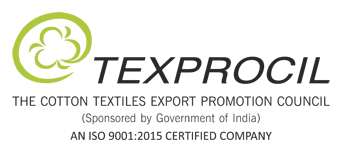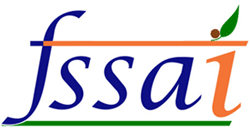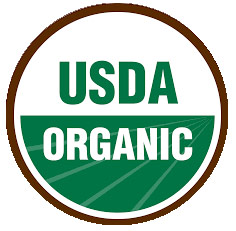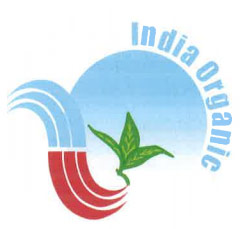
Certifications
We are registered & have the Licences of the below Organisations:

1. FIEO – Federation of Indian Exporters Organisation, setup by the Ministry of Commerce, is an Apex body of all the export councils, commodity boards and export development authorities in India. It is very active in helping the exporters of india, to promote all the products from India irrespective of any specific industry. Right from conducting seminars to teach the exporters on how to get in a certain market to helping them get all the required certifications to actually execute their orders and resolving any issues post shipments.
Source – https://www.fieo.org

2. TEXPROCIL – The Cotton Textile Export Promotion Council (sponsored by the Government of India) was setup in 1954 as an autonomous, non profit organisation deciated to promotion of exports of products of cotton and blends. It has been the international face of cotton textiles from India facilitating exports worldwide. Texprocil has a membership of around 3,000 companies spread across major textile clusters in India. Its members are well established manufacturers and exporters of cotton textile products like Cotton, Yarns, Fabrics and Home Textiles, showcasing a dazzling array of products across the value chain.
Source – https://www.texprocil.org

3. SRTEPC – The Synthetic & Rayon Textiles Export Promotion Council, again an automous body supported by the government of india, was set up in 1954 dedicated for the export promotion of Indian Man-Made Fibre and Textiles. It has been helping its members promoting their products internationally by helping and supporting them by indirect and direct exposure to international markets such as Trade Exhibtions, Delegtions conferences, arranging Business to Business connects with the right buyers overseas.
Source : https://www.srtepc.org

4. FSSAI – The Food Safety and Standards Authority of India (FSSAI) has been established under Food Safety and Standards , 2006 which consolidates various acts & orders that have hitherto handled food related issues in various Ministries and Departments. FSSAI has been created for laying down science based standards for articles of food and to regulate their manufacture, storage, distribution, sale and import to ensure availability of safe and wholesome food for human consumption.
Ministry of Health & Family Welfare, Government of India is the Administrative Ministry for the implementation of FSSAI.
Source : https://www.fssai.gov.in

5. NOP – National Organic Program – National Organic Program is a US government federal regulatory program that develops and enforces consistent national standards for organically-produced agricultural products sold in the United States. It develops the rules & regulations for the production, handling, labeling, and enforcement of all USDA organic products.
Operating as a public-private partnership, the National Organic Program (NOP) accredits third-party organizations to certify that farms and businesses meet the national organic standards. USDA and accredited certifiers also work together to enforce the standards, ensuring a level playing field for producers and protecting consumer confidence in the integrity of the USDA Organic Seal. The NOP also maintains a Handbook that includes guidance, instructions, policy memos, and other documents that communicate the organic standards

6. NPOP – The Government of India has implemented the National Programme for Organic Production (NPOP). The programme involves the accreditation of Certification Bodies, standards for organic production, promotion of organic farming and marketing etc. The NPOP standards for production and accreditation system have been recognized by European Commission and Switzerland for unprocessed plant products as equivalent to their country standards. Similarly, USDA has recognized NPOP conformity assessment procedures of accreditation as equivalent to that of NOP of US. With these recognitions, Indian organic products duly certified by the accredited certification bodies of India are accepted by the importing countries.
